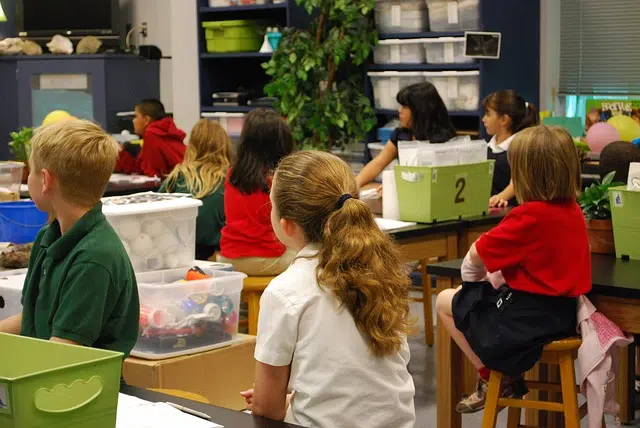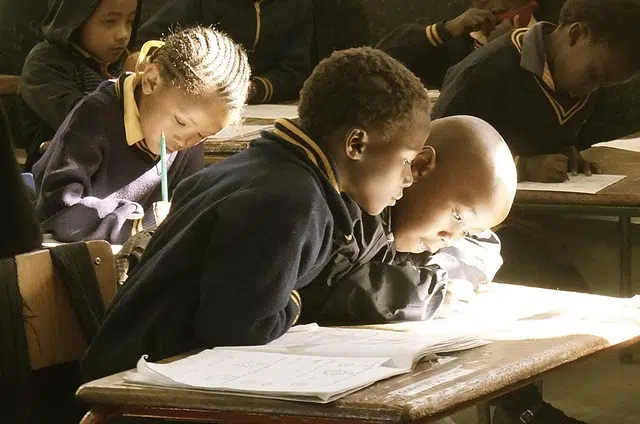
Socialization involves internalizing the values and norms of a society.
The process through which human beings learn and internalize the norms and values of a given society and specific culture is called socialization or socialization . This learning allows them to obtain the necessary skills to perform successfully in social interaction .
Socialization and subjectivity
Starting from this meaning and meaning of the word in question, it is vital that we determine that socialization, however, can be determined from two different points of view. Thus, on the one hand, we could refer to it based on the influence that society exerts on the individual himself. And on the other hand, we could talk about socialization in a much more subjective way.
In this case, when talking about subjectivity what we are determining is that the concept we are dealing with can also be contemplated from the point of view of how the particular individual reacts and acts in response to society itself.
In other words, socialization involves becoming aware of the social framework that surrounds each person. This learning is enabled by institutional entities and subjects that enjoy social representation, who propagate the necessary cultural knowledge. Some of the most important social agents are educational centers and the family , although they are not the only ones.

School is key in socialization.
The role of the family
In this sense, it is necessary to emphasize that the family carries out socialization through two very different ways. Thus, in the first place we would find what is called repressive or authoritarian, which is what is based on the authority of the adult, material rewards, physical punishments or unilateral communication.
An example of this type of socialization is that carried out by a parent who at no time tries to dialogue with his child, but simply orders and expects the child to comply with his orders. If he does not do so, he may carry out some type of punishment in the form of a slap, while if he complies with what the father establishes, he will obtain some type of gift as compensation.
In second place we would find, within the family, participatory socialization. This is characterized because it is based on dialogue between parents and children, because the rewards that the child receives are not material and because the punishments are not physical but symbolic.
Socialization analyzed from psychology
Specialists usually speak of two types of socialization: primary (when the child begins to acquire cognitive and social skills) and secondary (which takes place in specialized entities and with a certain specificity, such as school or the armed forces).
The Austrian Sigmund Freud , the father of psychoanalysis, has defined socialization from a conflict perspective, as the procedure that leads a subject to know how he should control certain natural (innate) instincts that are antisocial.
The Swiss psychologist Jean Piaget , for his part, is based on egocentrism as one of the most transcendent aspects of the human condition, which is controlled through the mechanisms of socialization.
Finally, we can mention that Robert A. LeVine has distinguished three fundamental sections in the socialization process: acculturation , the acquisition of impulse control and role training .
